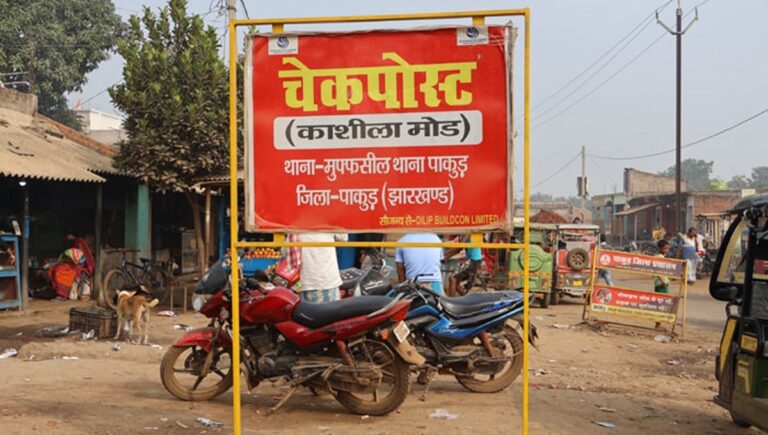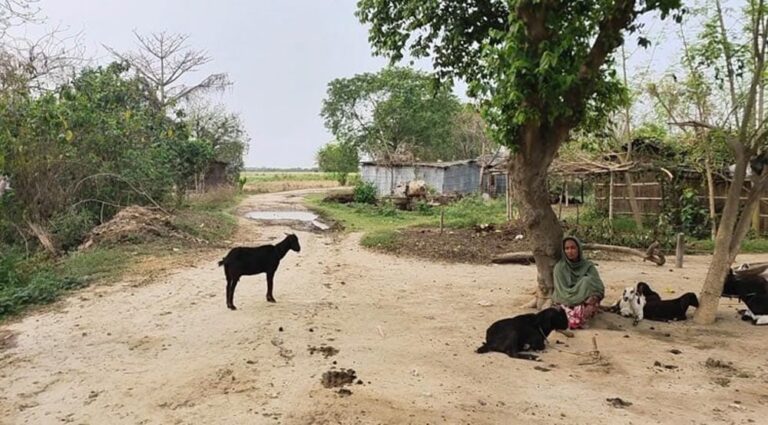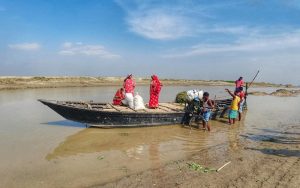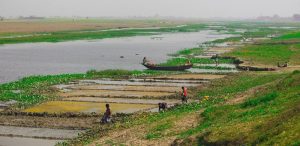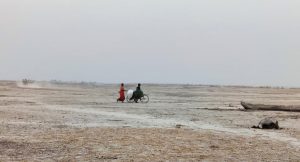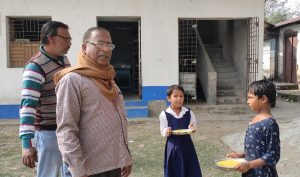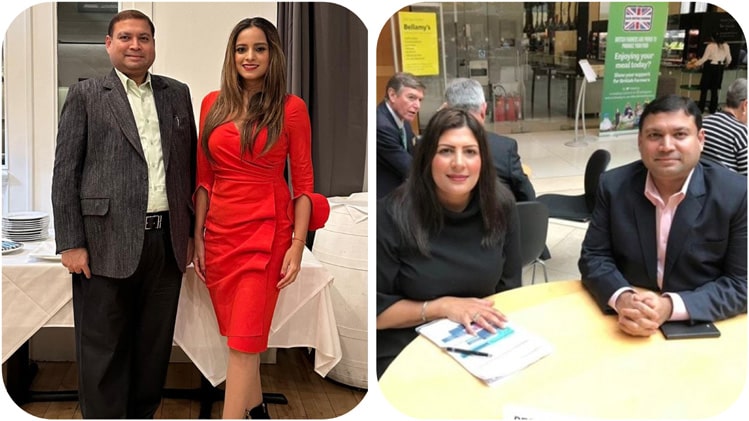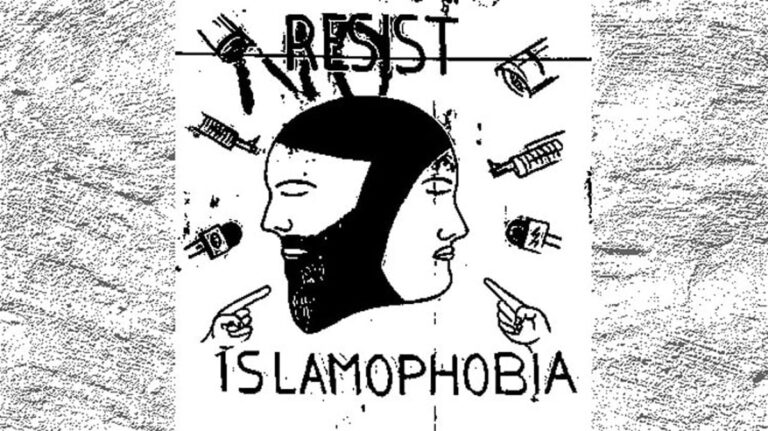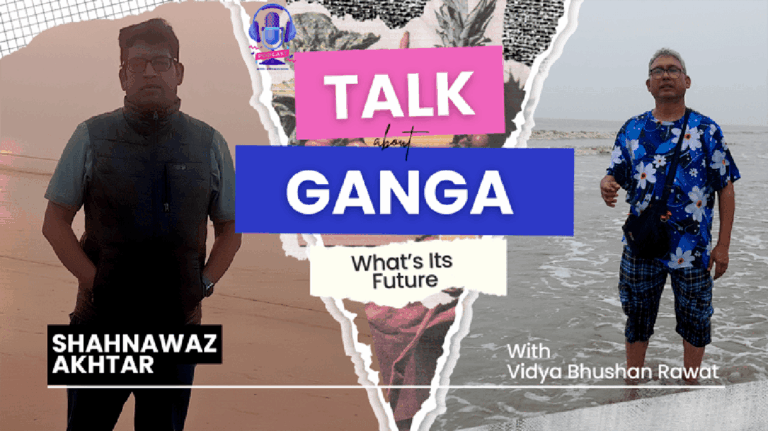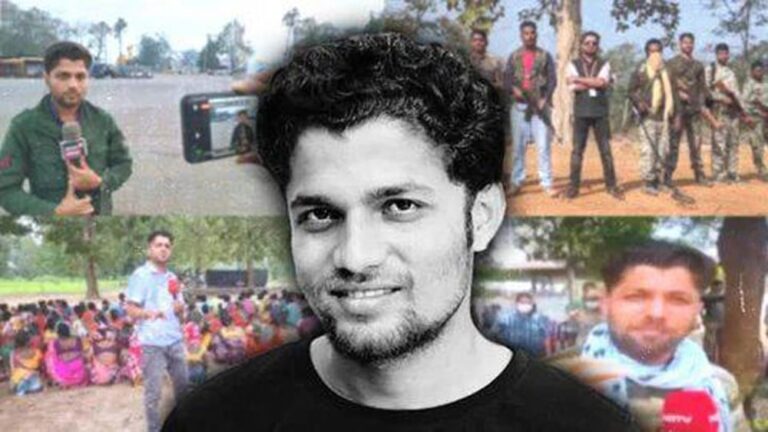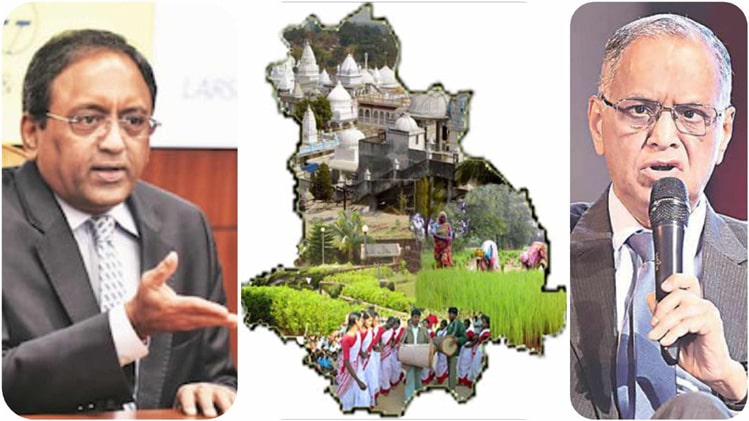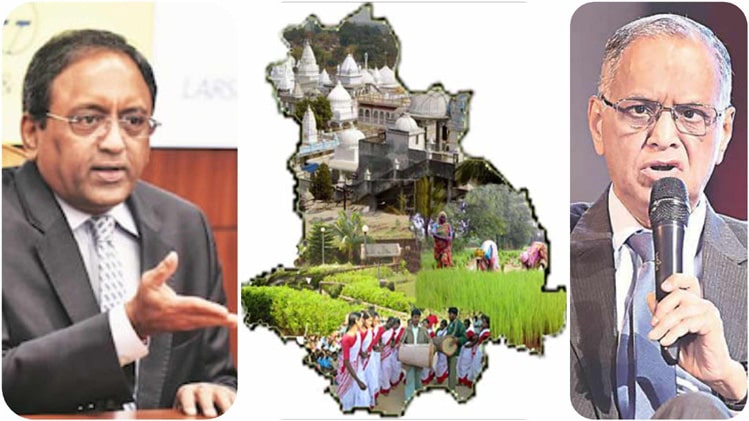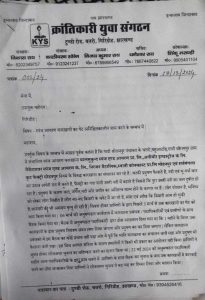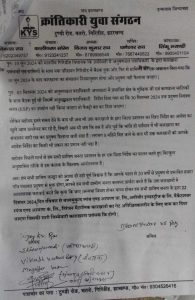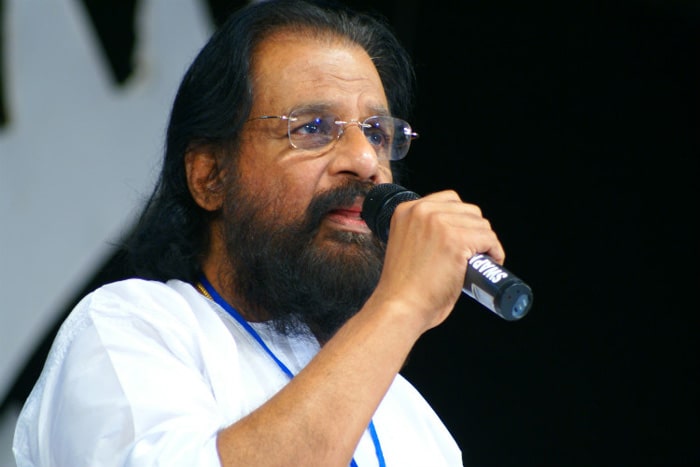Ranchi: In Jharkhand, Bangladeshi infiltrators indulge in love jihad by luring innocent adivasi (tribal) women and marrying them. After that, they engage in land jihad on tribal land. Additionally, these Bangladeshi infiltrators participate in political jihad by making their tribal wives contest Panchayat elections on tribal reserved seats.
Jharkhand BJP spokesperson Pratul Shahdev had emphasized that Jharkhand needs UCC and NRC to stop infiltration before assembly polls.
The BJP’s Allegations: Targeting Tribals and Muslims
He is not alone in making these serious claims. Several national-level BJP leaders, including Prime Minister Modi and Amit Shah, have also made inflammatory statements directly or indirectly targeting Muslims and alleging Bangladeshi infiltration. These remarks were made during recent BJP election rallies organized for the assembly elections in Jharkhand.
But why? On this question, Ashok Verma, an activist knowledgeable about the demography of Jharkhand, explains: “In the tribal-dominated areas, particularly in the ‘Santhal division,’ there is a high degree of similarity between Muslim and tribal societies in terms of social, economic, and cultural aspects. This is the primary reason for the unity between Tribals and Muslims communities.”
Unity Between Tribals and Muslims: A Political Challenge
The unity among the Santhal people significantly impacts the entire region of Jharkhand. As a result, during the May Lok Sabha elections, the BJP was unable to win any of the parliamentary seats reserved for tribals in Jharkhand.
Both the RSS and the BJP are well aware that, until the unity between the tribal communities and Muslims is disrupted, the BJP will struggle to gain a foothold in tribal areas like Santhal.
“The success of the Santhal is the key to ruling in Jharkhand,” Ashok Verma said.
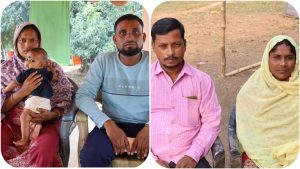
While the INDIA bloc led by Jharkhand Mukti Morcha has stopped the BJP’s gains on reserved seats in the state during Lok Sabha polls and defeated the saffron brigade in assembly elections, the seeds of hatred between tribals and Muslims planted in the region—similar to Hindu-Muslim enmity across the country—are not going to die down easily. Alongside its other initiatives, the Hemant Soren government must work on repairing the damage done to the social fabric.
Santhal Division: The Epicenter of Electoral Strategy
Santhal is one of the five divisions of Jharkhand state in India. This division comprises six districts: Godda, Deoghar, Dumka, Jamtara, Sahibganj, and Pakur, which together have a total of 18 assembly seats.
In many of these seats, the combined vote share of Muslims and tribal communities exceeds 45%. This demographic factor has played a crucial role in the success of the Jharkhand Mukti Morcha (JMM) in parliamentary and assembly elections.
As a result, in the 2019 assembly elections, the Bharatiya Janata Party won only four out of the 18 seats in Santhal.
The Soren family, which dominates politics in Jharkhand, has successfully contested elections from seats in Santhal due to Tribal-Muslim unity. Current Chief Minister Hemant Soren was a candidate again from the Barhet assembly constituency in Santhal.
Divisive Narratives to Target Demographics
“BJP aims to create a divide between tribals and Muslims in Jharkhand to gain power,” Ashok Verma claims.
He adds, “As part of a well-planned strategy, the BJP is targeting the Muslims of Santhal, citing demographic changes due to Bangladeshi infiltration in the area.”
Tribal activist Elina Horo says, “The Muslim community in Santhal has two faults: first, they are Muslims, and second, they speak Bengali. Additionally, the Pakur district of Santhal is located near the Bangladesh border. Because of these factors, the local Muslims in Santhal are being accused of being Bangladeshi infiltrators.”
Demographic Shifts: An Analysis
The route from Pakur district to the Bangladesh border spans approximately fifty kilometers. Along this route, the Murshidabad district of West Bengal begins just seven kilometers from Pakur.
Elina Horo argued, “Before Jharkhand was formed in 1991, Santhal Pargana had a tribal population of 31.89% and Muslims at 18.25%. By the 2011 census, these figures changed to 28.11% tribals and 22.73% Muslims.”
Thus, between 1991 and 2011, the tribal population decreased by 3.78%, while the Muslim population increased by 4.48%.
Elina Horo added that the Hindu population in Santhal rose from 43.5% in the 1951 census to 49% in 2011, indicating growth similar to that of the Muslim population.
Regarding Jharkhand, from 1951 to 1991, the tribal population decreased from 35.38% to 27.66%.
Causes of Population Decline Among Tribals
Ashok Verma emphasized that the decline in the tribal population in Jharkhand and the Santhal region from 1951 to 1991 was due to inadequate nutrition, poor healthcare, and economic challenges. Additionally, tribal migration to other states during this period to deal with such a pitiable situation contributed to the population decline.
Verma pointed out that post-independence censuses in India lacked specific religious classifications for tribals, in contrast to Hindus, Muslims, Christians, Buddhists, Sikhs, and Jains. Nature-worshipping tribals don’t fit into the classifications of other religions, while Christian tribals identify only as Christians. This raises the question of whether non-Christian tribals were enumerated under the Hindu religious code. In such a situation, conducting a caste census is necessary to ascertain the exact population of tribals.
Debunking the Infiltration Myth
Has the Muslim population increased due to Bangladeshi infiltration?
Pakur activist Muzaffar Hussain says that laborers from Bihar and West Bengal have always been attracted to stone mining in the Santhal region. Those who come in search of jobs and settle in Santhal areas from time to time include both Hindu and Muslim laborers.
In such a situation, the population of both communities will inevitably increase, he added.
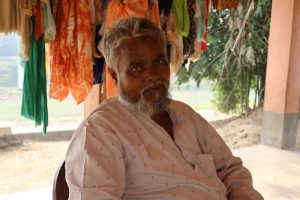
Hussain further mentions that local Muslims have been suspected of being Bangladeshi infiltrators. The BJP accused them of causing an unexpected increase in voters at Pakur’s 208 polling booths in July.
In response to the allegations, the Electoral Registration Officer formed a five-member team with two BJP leaders, but the investigation found no evidence of outsiders on the voter list.
The Truth Behind Jamai Tola Allegations
BJP leader Anugrahita Prasad Saha, who was part of the investigation team, said, “You should visit ‘Jamai Tola’ in Kalidaspur Panchayat; there was not a single house ten years ago.
He questioned how an entire village could have settled in that area now if there had been no infiltration.”
The village Kashila, located seven kilometers away from Pakur railway station, is referred to as ‘Jamai Tola,’ which means “village of sons-in-law.”
The head of this village, Manik Hansda, a tribal, mentioned that out of the 350 families in Kashila, only one household belongs to Joydur Sheikh, who had a love marriage with a tribal girl named Bina Marandi.
Joydur Sheikh works in a private company and earns a monthly income of $150. His wife, meanwhile, with other family members, makes Beedis at home, earning $1 for making 500 Beedis.
Bina Marandi says, “Our constitution permits marriage, so please do not label my successful marriage as love jihad.”
“According to tribal law, a married daughter does not have rights to her father’s land. Therefore, the accusation of land jihad against young men like my husband is unfounded,” Marandi adds.


